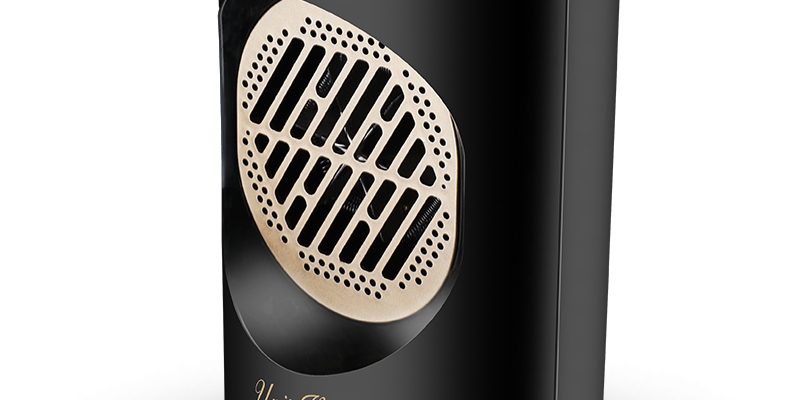Introduction: Electric heaters are a convenient way to keep your home warm during the colder months. However, they also pose safety risks if not used correctly. In this blog, we’ll discuss essential safety tips to help you enjoy the warmth of your electric heater while keeping your home secure.
Choose the Right Location: Place your electric heater on a level, stable surface, away from foot traffic and any flammable materials. Ensure it’s at least three feet away from curtains, furniture, bedding, and other combustibles. Never place heaters on countertops or other elevated surfaces.
Plug Directly Into Outlets: Always plug your electric heater directly into wall outlets, and avoid using extension cords or power strips. Overloading electrical circuits can lead to overheating and pose a fire hazard.
Regular Inspection: Inspect your heater regularly for signs of wear and damage, such as frayed cords, cracked casings, or loose components. If you notice any issues, discontinue use and have the heater repaired by a professional or replaced.
Use a Ground Fault Circuit Interrupter (GFCI): Consider using a GFCI outlet for added protection. GFCIs detect electrical imbalances and can prevent electrical shocks or fires in case of a malfunction.
Supervise Children and Pets: Keep a close eye on children and pets around electric heaters. Warn them about the dangers of touching or getting too close to the heater, and establish a safe zone to prevent accidents.
Turn Off When Not in Use: When you leave a room or no longer need the heater, turn it off and unplug it. This not only conserves energy but also eliminates the risk of overheating or malfunction when unattended.
Avoid Using Heaters in Wet Areas: Electric heaters and water do not mix. Never use them in bathrooms, near sinks, or in any wet or damp areas where water can come into contact with the heater.
Regular Maintenance: Perform routine maintenance, including cleaning the heater’s exterior and ensuring it’s free of dust and debris. Clean or replace filters as recommended by the manufacturer.
Install Smoke and Carbon Monoxide Detectors: Every home should have working smoke and carbon monoxide detectors. Install these devices near bedrooms and common areas to provide early warnings in case of a fire or carbon monoxide leak.
Have an Escape Plan: In case of a fire or emergency, have a well-defined escape plan for your family. Ensure everyone knows the exit routes and the designated meeting place outside.
Conclusion: Electric heaters are a valuable asset for keeping your home warm, but safety should always be a top priority. By following these safety tips and exercising caution, you can enjoy the cozy warmth of your heater while keeping your home secure and free from potential hazards.






